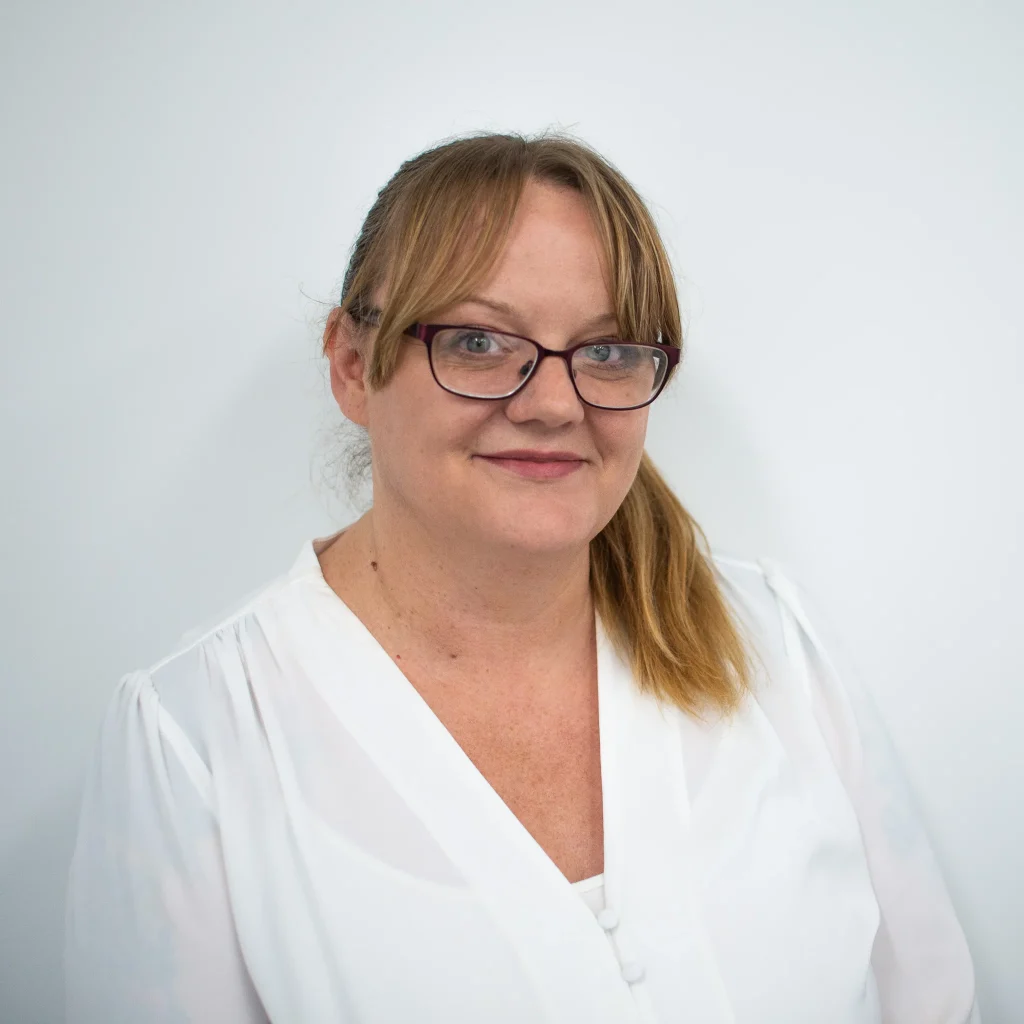Helen joined St Mungo’s in August 2024 as Chief Finance Officer. She leads the Finance, IT and Governance & Compliance functions at St Mungo’s.
Helen is a chartered accountant who spent most of her career to date working in the social housing sector, holding a number of senior, executive and non-executive roles. Helen is also a member of the Audit Committee of a large housing association in the North West of England, and volunteers as a co-ordinator at a Street Kitchen supporting homeless and vulnerable people in Manchester.

